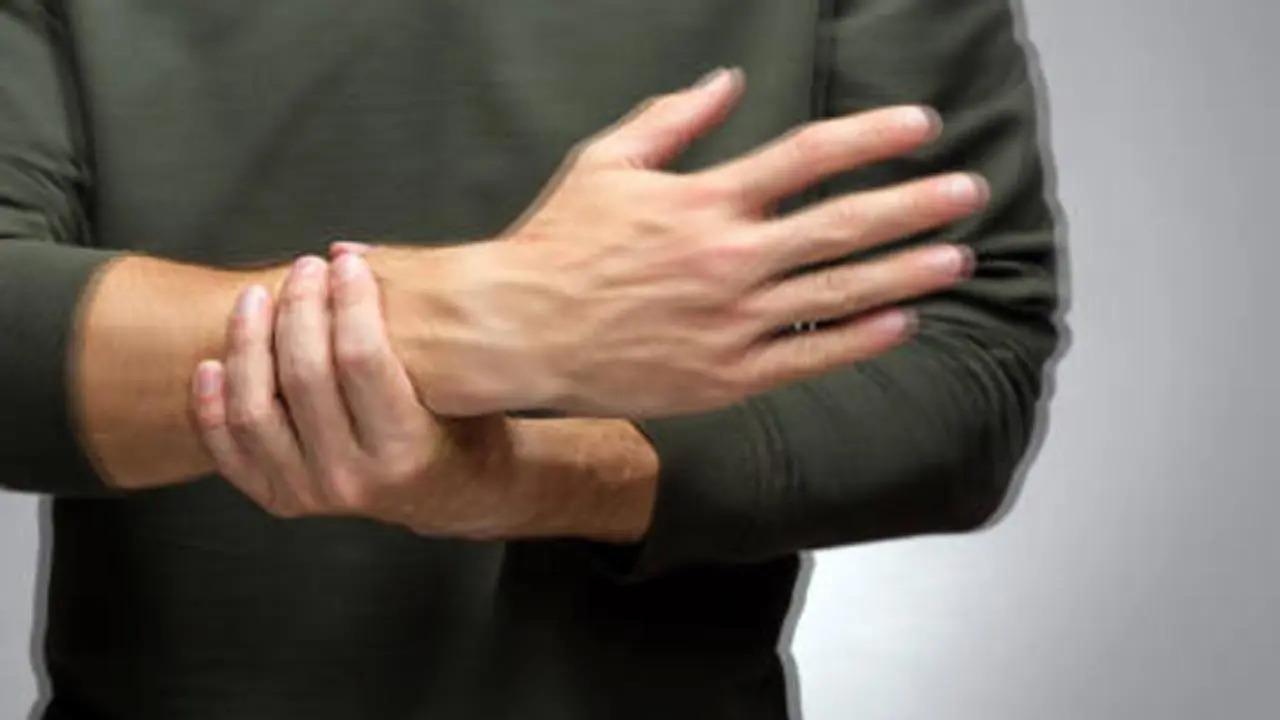Parkinson's disease (PD) is one of the most common neurological disorders caused by the death of dopamine-secreting neurons in the brain due to aggregation of synuclein protein inside it

Image for representational purposes only (Photo Courtesy: iStock)
Scientists from the Institute of Nano Science and Technology (INST) Mohali, an autonomous institute of the Department of Science and Technology (DST), have showed that nano-formulation of melatonin -- the hormone produced by the brain in response to darkness -- could provide therapeutic solution for Parkinson's disease.
Parkinson's disease (PD) is one of the most common neurological disorders caused by the death of dopamine-secreting neurons in the brain due to aggregation of synuclein protein inside it.
Available medications can only minimise the symptoms but cannot cure the disease and this underlines the need to develop better therapeutic solutions for the disease.
Previous studies have shown the implications of Parkinson’s related genes in governing a quality control mechanism called "Mitophagy". This mechanism identifies and removes dysfunctional mitochondria as well as cuts down oxidative stress.
It has shown that melatonin, used to treat insomnia, could be a potential inducer of mitophagy to mitigate Parkinson’s.
To decode the molecular mechanism behind melatonin-mediated oxidative stress regulation, the team from INST Mohali used human serum albumin nano-formulation and delivered the drug to the brain.
The team led by Dr. Surajit Karmakar used a biocompatible protein (HSA) nanocarrier for the delivery of melatonin to the brain. They proved that the nano-melatonin resulted in a sustained release of melatonin and improved bioavailability.
Further, the nano-melatonin boosted antioxidative and neuroprotective properties. It not only enhanced mitophagy to remove unhealthy mitochondria, but also improved mitochondrial biogenesis to counteract a pesticide (rotenone) induced toxicity in an in vitro Parkinson’s model.
The improvement is because of the sustained release of melatonin and targeted delivery to the brain resulting in increased therapeutic efficacy compared to bare melatonin.
The increased antioxidative effect is a result of mitophagy induction through the upregulation of a crucial epigenetic regulator called BMI1 that controls gene expression. The reduction in oxidative stress contributes to alleviating the symptoms of Parkinson's disease.
Their findings published in the journal ACS Applied Materials and Interfaces highlighted the significantly better in vitro and in vivo neuroprotective effect of nano-melatonin as well as the molecular/cellular dynamics it influences to regulate mitophagy.
Also Read: Why Parkinson’s disease is striking people under 50
This story has been sourced from a third party syndicated feed, agencies. Mid-day accepts no responsibility or liability for its dependability, trustworthiness, reliability and data of the text. Mid-day management/mid-day.com reserves the sole right to alter, delete or remove (without notice) the content in its absolute discretion for any reason whatsoever
 Subscribe today by clicking the link and stay updated with the latest news!" Click here!
Subscribe today by clicking the link and stay updated with the latest news!" Click here!








